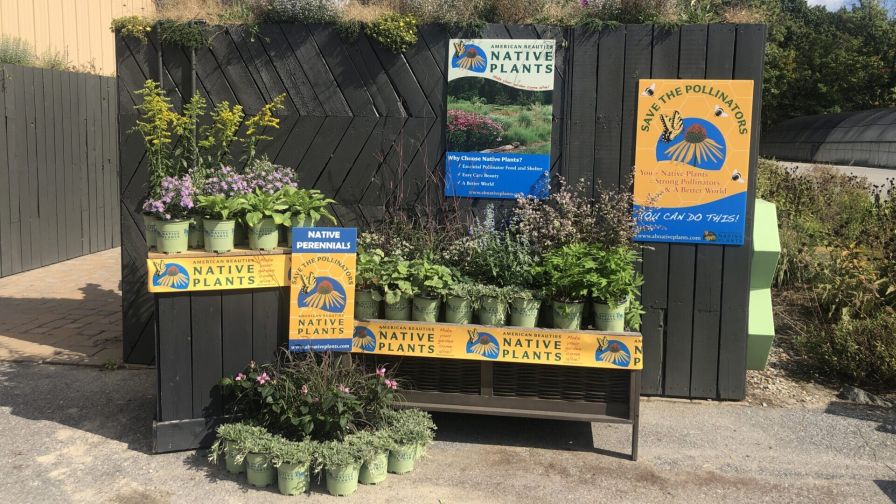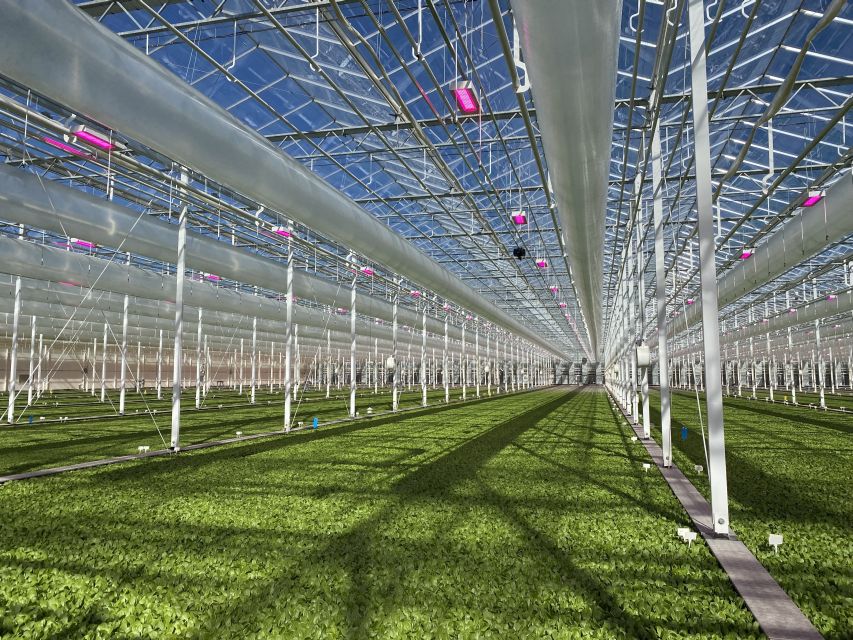United Fresh Offers Coronavirus Resources and Advice for Produce Growers

Photo by Christine Sponchi
With the rapid changes occurring throughout the fresh produce industry related to coronavirus, including greenhouse vegetables, the United Fresh Production Association (United Fresh) is providing regular updates to the industry as the situation warrants.
Recently, United Fresh provided links to its United Fresh Coronavirus/COVID-19 webpage resources, including a segmented consumer-facing page where growers can direct consumer and/or employee questions, and a second industry-facing page where United Fresh will outline information critical to keeping the supply chain moving. United Fresh will be updating these pages on a near-constant basis.
United Fresh also has created a new LinkedIn Group where industry members can share specific needs they might have; capacity or resources that might have available to assist others; questions for peers who might be able to share advice; etc. The group has attracted hundreds of users thus far.
Finally, United Fresh President and CEO Tom Stenzel outlined some significant recent developments”
- “We are now working with partner associations in the retail and foodservice sectors to help connect companies that may have needs for produce and/or refrigerated transportation, and availability. If you are a foodservice distributor with excess inventory due to restaurants shutting down, please post that information on the LinkedIn site. We also recommend you directly contact retailers in your region to offer your services. We are trying to restock stores with great fresh produce as fast as we can.”
- “We are also working with the White House and Congress on what financial relief may be forthcoming for sectors that have been devastated by this crisis. For now, we urge all companies to carefully track your losses and keep strong financial records.”
- “For temporary assistance, we were on a call with Small Business Administration officials in which details about an SBA disaster loan program were communicated. Loans of up to $2 million are available to small businesses, agricultural cooperatives, not-for-profit organizations, etc. in areas that have been declared disaster areas due to the coronavirus. You can see these specific areas listed on the SBA website, but they anticipate that all governors will soon be asking for those declarations. If your state has not yet received an SBA determination of disaster status, please contact your governor’s office and urge them to proceed. SBA is approving disaster requests as quickly as they can. Loans are intended to provide working capital to assist companies in meeting payment obligations such as payroll, debt obligations, etc. and is not a replacement for lost profit. Loans to for-profit companies have an interest rate of 3.75%, and loans to not-for-profit corporations carry a rate of 2.75%. All loans can have payment terms of up to 30 years, and all payments are deferred for the first year (interest does accrue however). All applications will be handled online. Please visit www.sba.gov/disaster to learn more about this program or to apply for a loan.
- “Due to the shutting down of consulates in Mexico and cross-border travel, we have seen a disruption in the processing of H-2A guestworkers returning to ag labor in the U.S. Thanks to some quick work by the White House and USDA, Secretary Perdue was able to get some special waivers that is helping accelerate that process. There is more work to be done, but this was a good step.”
- “One of the most frequent questions of the day has been how growers and food establishments are to be treated if your local jurisdiction shuts down movement. The White House, USDA, and FDA have made it clear that all food workers and businesses are part of the essential public health infrastructure and must be allowed to work to keep the supply chain moving. And that includes the need to feed workers, allow outside contractors such as sanitation companies to clean facilities, etc. If you find local officials blocking your work to feed America, please let us know.”









